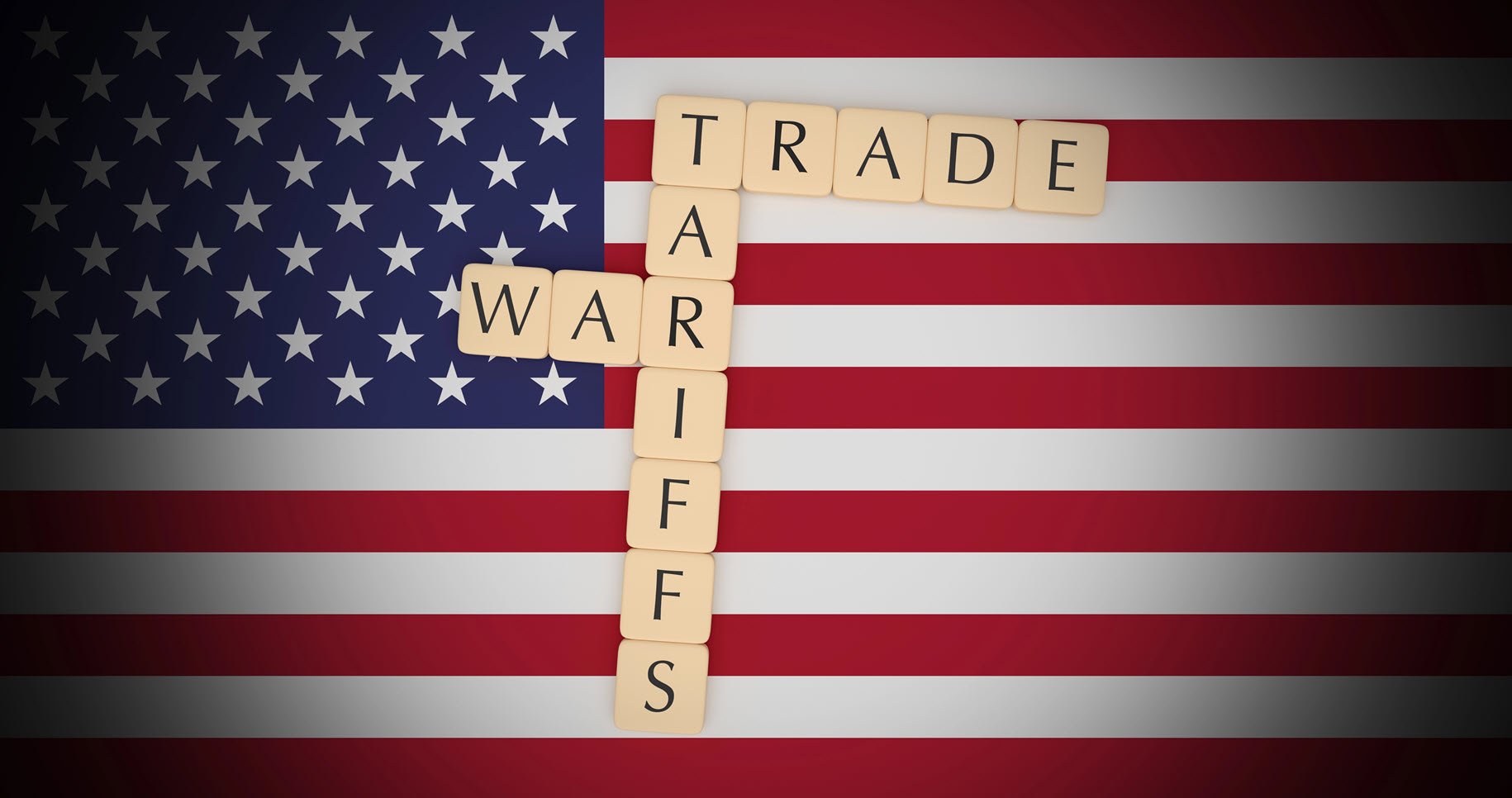CDU is leading the polls with a grand coalition expected
With Lindner dismissed, the SPD (Social Democratic Party of Germany) and the Greens are now in a minority coalition, without agreement on the 2025 budget or the votes in parliament to pass it. A vote of confidence is taking place on 16 December 2024 with the federal parliamentary elections scheduled on 23 February 2025.
The SPD is expected to perform worse than both the centre-right CDU (Christian Democratic Union) and far-right AfD (Alternative for Germany). There is the additional question of who will lead the SPD into the campaign. There are growing voices urging to replace Scholz with Boris Pistorius, the defence minister. However, with only a few weeks left to present the new candidate, Scholz might maintain his position. Meanwhile, the Greens just announced that the current Economy Minister Robert Habeck is their chancellor candidate. While he demonstrated himself as a fairly centrist, reform-oriented, pragmatic environmentalist, some of his party base is far left wing which might create issues along the line.
Currently all parties are ruling out any coalition involving the AfD, despite their expected high vote share due to concerns over the party’s far-right ideas. The AfD has significantly increased its vote share in recent years by campaigning against ‘uncontrolled’ migration and exhibiting anti-Muslim sentiments. According to Forsa Institute’s recent poll, about 17% of Germans are planning to vote for the AfD, which would make it the second strongest party after the centre-right bloc comprising the CDU and its regional sister-party, the CSU (Christian Social Union in Bavaria), which is expected to gain 33% of votes.
Whatever shape a new coalition will take, the CDU is expected to be the largest party in it (see Figure 1). Hence, the party’s leader, Friedrich Merz, is in a favourable position to become Germany’s new chancellor but this is not guaranteed. While advocating for adherence to fiscal discipline, Merz recently mentioned a possibility of a reform on debt break without giving details. However, the debt brake requires a two-thirds majority in parliament to change, which is unlikely to happen regardless of the results of the elections next year.
More likely a CDU-led coalition would revise the divisive Bürgergeld (citizens money), the Kindergrundsicherung (a child support scheme promoted by the Greens) and the proposed state pension increase, potentially saving billions in reduced welfare spending. In addition, the constitutional court is currently looking into the “Soli” – an initially ring-fenced surcharge tax established in 1991 to finance the reconstruction of East Germany but nowadays treated as general government revenue. If the constitutional court rules that it is indeed unconstitutional, this would leave a sizeable gap in the federal budget.
To access the full Insight and hear more about our views on Europe and the global economy, please subscribe to CRU’s Global Economic Outlook.
















